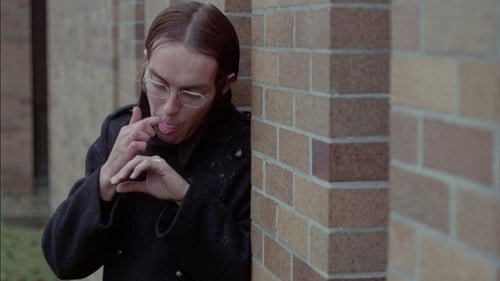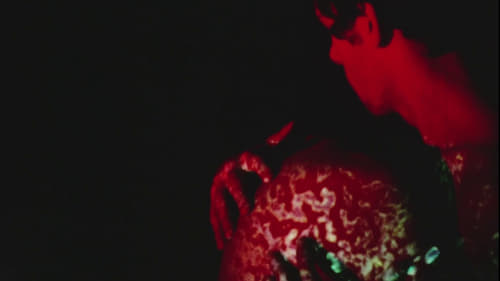
Um jornalista, com o intrigante nome de Adrian Tripod (tripé), investiga a mortes de quase todas as mulheres adultas do planeta. Tripod descobre que as mortes podem ter sido causadas por cosméticos venenosos fabricados por uma corporação, que também está envolvida na coordenação de uma rede internacional de prostituição juvenil.

Producer
John Hofsess’s The Palace of Pleasure emerged from the psychedelic haze of 1960s postmodern art. It was a blistering work that combined arresting abstract imagery with the wounded expressions of a young couple, edited into a collage of mass culture imagery and album and book jackets, all of it framed as a therapeutic treatment. Addressed to a generation coming up in an era of protest and social change, where many found themselves increasingly burdened with hopelessness, paranoia, and neurosis, The Palace of Pleasure was offered as a cleansing ritual, a post-Freudian expelling of dammed-up energies that anticipated The Primal Scream. In this video, Stephen Broomer discusses Hofsess’s therapeutic ambitions, how the film was composed of Hofsess’s earlier films, and the sensual spell of the work, the way in which it commands us to enter into a universal fellowship of touch that circulates, from us to us, through us, to strain the boundaries between the self and the other.

